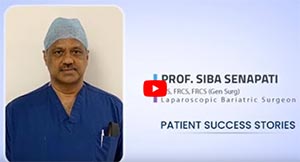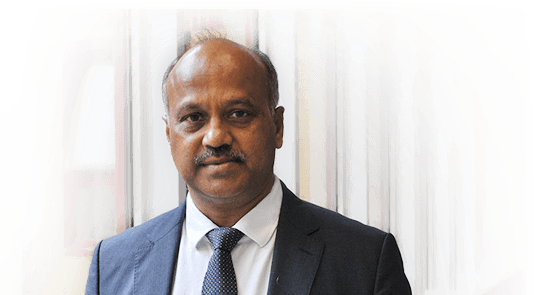What is a gastric sleeve?
A gastric sleeve, otherwise known as sleeve gastrectomy, is a procedure where three quarters of the stomach is removed and is performed laparoscopically (keyhole surgery). The expected weight loss is 60-70% of your excess weight and most patients stay in hospital around 1-2 days. Weight loss is achieved by the new smaller stomach. Additionally, this procedure removes the appetite hormone called Ghrelin in the upper part of the stomach (which is the part excised). After surgery, you will have less appetite and better satiety which results in weight loss, in addition to other hormonal alteration in the small bowel. Sleeve gastrectomy is now the most commonly performed weight loss surgery globally.
Am I suitable for a gastric sleeve?
For many patients who opt to have a gastric sleeve, they generally do not like the idea of having a foreign object inside their abdomen. You are suitable if your BMI is more than 35 and also have weight associated comorbidities, such as diabetes, sleep apnoea, arthritis, infertility and back ache. Here at Obesity Surgery Manchester, we talk our patients through the most suitable procedure for them and this can vary dependent upon patient’s body mass index scores, past medical history and current comorbidities. Our team of specialist bariatric nurses and dieticians along with the expertise of Professor Senapati, ensures the right decision is made for you.
What are the advantages?
Many patients who undergo the gastric sleeve procedure are extremely happy with their weight loss. As previously stated, patients tend to lose around 60-70% of their excess weight. In addition to the astounding weight loss that can be achieved, another major advantage of this procedure is the fact that it can result in the remission of diabetes and other significant comorbidities linked to obesity. Naturally, a major advantage of this procedure relates to the substantial increase in self-confidence and self-esteem and as a result, such patients partake in more social activities and exercising activities. Finally, a gastric sleeve can also help improve fertility, reduce levels of depression, eliminate sleep apnoea and also improve joint pain.
What are the potential risks?
As with any surgical procedure, there are always risks involved. As previously mentioned, this procedure is irreversible, as a large portion of the stomach is removed and a small narrow slim stomach is left in situ. Therefore there would be no option in the future for the procedure to be reversed should you wish. Finally, as with many surgical procedures there are the usual risks of infection, bleeding, leaking from the staple line, DVT (deep vein thrombosis) and PE (pulmonary embolism). There is also a very small risk to life (we have never lost any patients following bariatric surgery in our practice and have performed more than 1200 various primary and revisional bariatric procedures). However, the above significant complications are very rare. We provide support and aftercare for two years, with the surgeon, bariatric nurses and dieticians. Most patients with the surgery and adequate support do well and only a very small number of patients can regain weight over a long period.
Here at Obesity Surgery Manchester, we have many patients who have been extremely happy following their gastric sleeve surgery. Why not take a look at what some of our patients have to say, click on the link below to read more https://www.obesitysurgerymanchester.co.uk/gastric-sleeve-pl30.html


